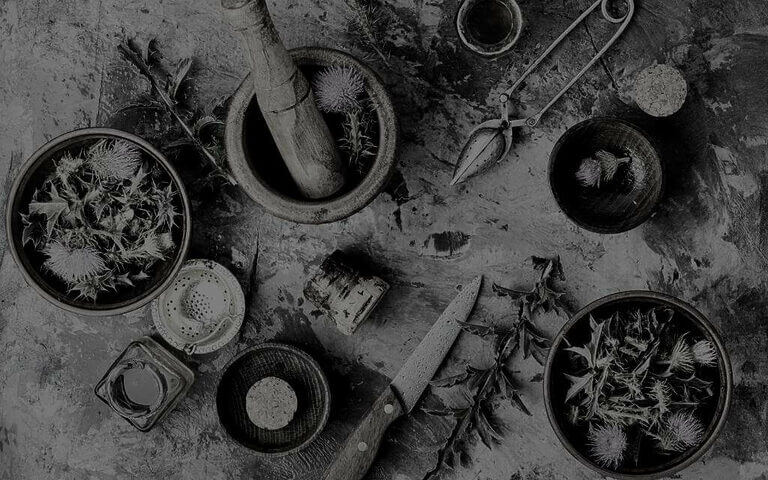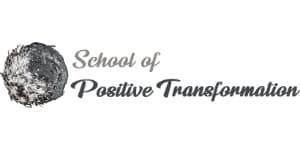It’s so easy
Are you ready for it?
Here’s how to become a herbalist…
Call yourself one!
There are no restrictions or regulations in place for the Herbalist profession. Anyone can become a herbalist by calling themselves as such.
This means that anyone who chooses to become a herbalist can do so without the need to be certified. However, there are some practitioners who are certified to be herbalists. This is highly recommended when working with clients and other practitioners to ensure their safety.
The herbalist profession isn’t alone as this is also the case for other professions such as Nutritionists, Personal Trainers, and Health Coaches—and any other type of coach for that matter.
A Better Question Might Be—How Do I Become a Herbalist That Can Transform Lives?
Since anyone, aged 2 yrs+ can call themselves a herbalist, how to become one probably isn’t the best question to be asking.
Sure, anyone can become a herbalist—but not everyone can use the intricacies and science behind herbalism in a safe and highly effective manner with other people.
This takes personal dedication to the craft of herbalism.
Some people might choose to use herbs to cure common ailments. Some people might choose to give people herbal remedies so that they can feel better. Some people might choose to help people by making herbal remedies that are used in the home.
This my friend, cannot be done through a course from Udemy. You need a well-structured course that covers all the fine details as there is an abundance to learn. We’re talking 100’s of hours of studying and application to truly understand how to help others through herbalism.
I have recommended a valuable resource toward the end of this post as a place for you to start.
On to the informal regulations of Herbalism.
The American Herbalist Guild
There is a regulating body called the AHG (American Herbalist Guild) attempting to regulate the herbalist industry. However, their accreditation is not recognized by any country as a legitimate licensing body.
Because of this, the Herbalist industry remains unregulated. It’s not mandatory anywhere in the world to be an accredited Herbalist.
AHG Core Competencies
- Approximately 800 hours of formal education (given the looseness of this standard it’s hard to take it as a strict standard)
- A working knowledge of at least 150 medicinal herbs. You will demonstrate your knowledge by providing information about the clinical application of herbs from one of three categories of materia medica: Western, Ayurvedic, or Traditional Chinese Medicine.
- A practical understanding of human anatomy, physiology, pathophysiology, and basic plant chemistry, obtained through independent or formal education, and applied in your differential assessment of cases.
- Approximately 400 hours of clinical experience obtained through independent practice, structured mentorship, supervised clinical training as part of an academic program, or a combination of these experiences.
- Demonstrated ability to conduct a comprehensive intake, compile a case history, and provide a differential assessment by presenting three case histories from your practice.
- Show your understanding of your scope of practice and personal practice limitations by supplying the names and contact information for three health care practitioners with whom you consult or to whom you refer clients when a case is beyond your scope of practice.
- Two letters of recommendation from colleagues familiar with your training and experience as a clinical herbalist. At least one letter of recommendation should be from one of your primary botanical medicine instructors. If this is not possible, you will need to provide a detailed explanation.
- A demonstrated commitment to ongoing botanical medicine education.
Is Accreditation Recommended?
There is an ongoing debate about this. In the end, there are valid points to argue on both sides.
Getting certified through an AHG accredited Herbalist program does generally indicate the certification quality meets a certain standard.
Herbalism is not something one can learn by watching hours of video and all of a sudden knowing how to use herbalism with another. It takes practice, lots and lots of practice and application. First, you learn to use herbalism with yourself, then you learn to use it with another.
It’s Your Choice Whether to get certified
Whether you want to learn the science of herbalism through an accredited program or not is ultimately up to you.
Would I recommend calling yourself a Herbalist without any high-quality training or practice? Absolutely not.
I surely wouldn’t want to work with someone who has no training or received their training from a low-quality certification like what you can find on Udemy.
Do Your Research and Find a reputable certification
Take some time to discover exactly what you’re looking for in a program. Make sure it resonates with you.
For example:
I wrote a long detailed post comparing 3 amazing online Herbalist Certification programs and each of the programs offers a slightly different approach.
Some Recommended Programs
Herbal Academy
A very well-rounded and in-depth program with a proven track record, and it’s quite affordable compared to its’ competitors.
More info: Herbal Academy Review
The Chestnut School of Herbal Medicine
Similar to Herbal Academy with a higher price tag.
More info: Chestnut School of Herbal Medicine Review
Pacific Rim College
This program is rated at 500+ hours less than the other 2 programs but has a similar price tag, not recommended.
More info: Pacific Rim College Review
Have Questions?
Feel free to reach out to me here.
I’d love to help you find your way.
































